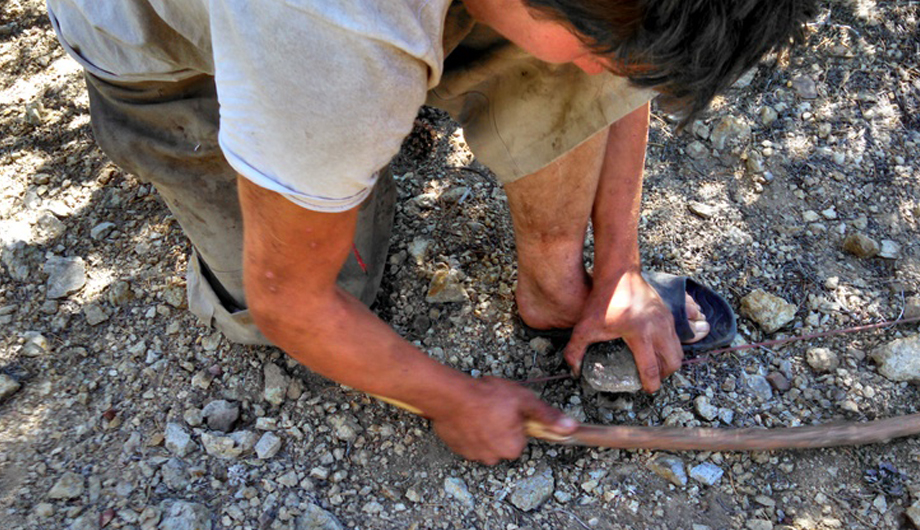Self-Discipline and Addiction
Self-discipline is the ability to control one’s feelings and overcome one’s weaknesses; the ability to pursue what one thinks is right despite temptations to abandon it. Self-discipline and self-control give you power over your life. Addiction is the compulsive use of a mood altering chemical or activity used to create a temporary reprieve or “high” from discomfort.
Increasingly, teens are using activities including pornography, compulsive sexual behavior, gaming and technology addiction for escape from the discomfort of their lives whether it be boredom, discouragement, anger or past trauma. Many youth today are incapable of dealing with discomfort of any type and expect immediate reprieve.
The Marshmallow Experiment
More than 40 years ago, the classic marshmallow study was conducted to evaluate the self-discipline of children. Scientists exposed hundreds of four-year-olds to a test of willpower wherein the kids were placed in a small room with a marshmallow and told they could either eat the treat now, or, if they could wait for 15 minutes until the researcher returned, they could have two. Most children said they would wait, but many failed to resist the pull of temptation for even a minute. Many others struggled a little longer before eventually giving in. The most successful participants figured out how to distract themselves from the treat’s seduction and delayed gratification for the full 15 minutes.
Follow-up studies on these children found that those who were able to wait the 15 minutes were significantly less likely to have problems with behavior, drug addiction or obesity by the time they were in high school, compared with kids who gobbled the snack in less than a minute. The gratification-delayers also scored an average of 210 points higher on the SAT.
This study occurred in the 1960’s and involved marshmallows. Today’s youth would surely struggle even more as we have become an “instant gratification” society. “I want what I want and I want it now!” is a mind-set that children and teens in today’s culture often develop. From video games, to smartphones, I-Pods and fast food, today’s youth have been trained to believe that they can have instant access to anything they want. These youth begin to believe that they exist simply to be entertained and become masterful at being able to manipulate those around them into this idea as well. This is the fertile soil that leads to the development of addiction. We see it increasingly occur in teens with drugs, alcohol, pornography, sex, video games and technology.
How do youth learn self-discipline?
Helping teens develop self-discipline is at the core of our treatment approach. In the wilderness, there is nothing that brings instant gratification. Rather, every aspect of living requires labor and effort with no immediate pay off. Youth who have become accustomed to getting what they want with little effort on their own, have to be retrained that anything worth having requires effort. Take for example eating. Students cook their own meals and clean their own pot. Nobody cooks their meals for them. Nobody rations their food for them. Nobody builds the fire for them. If they burn their food, they have to own it. If they eat all their cheese in one setting, they have to deal with a stomach ache. If they are hungry, they have to own it. If they don’t put forth the effort to build fire, they eat their food cold.
The act of eating, which they previously took for granted, becomes a major focus of their attention. To eat, youth develop self-discipline.
This process of building self-discipline plays out in virtually all areas of wilderness living from eating, sleeping, hiking, staying hydrated, keeping good hygiene, maintaining a written communication with parents, being a contributor to the group setting and ultimately taking responsibility for the actions that have resulted in their being placed in the wilderness program.
As youth develop self-discipline they begin to experience the satisfaction that comes from hard work, effort and accomplishment. This is the antithesis of the addictive behaviors that bring most youth to treatment.

